Amachan (2013) – Season 1
Amachan
Backdrop for Amachan.
Used for reference and discovery. All rights belong to their respective owners.
All episodes from Amachan (2013) Season 1
|
|
Amachan (2013) Season 1
Season 1 of Amachan premiered in 2013 and marks an important evolution for the series as a whole. This new chapter expands the story world while deepening the emotional resonance that has always defined the show. From the opening scenes, it becomes clear that the narrative has grown more reflective, embracing mature themes and layered storytelling. The season builds upon the foundations of previous installments but takes greater creative risks—experimenting with pacing, tone, and structure to deliver a more sophisticated experience. Viewers are invited to follow characters who are no longer just reacting to their world but actively shaping it, sometimes at great personal cost. The writing team crafts each episode with a strong sense of purpose, blending drama and tension with quieter, introspective moments that allow the story to breathe. The result is a season that feels cohesive yet unpredictable, familiar yet filled with new emotional depth.
Visually, Amachan has never looked better. The production team approaches Season 1 with the confidence of a series that understands its own identity while still pushing boundaries. Every frame feels intentional: the lighting shifts from warmth to shadow to mirror internal conflict, and the camera often lingers on gestures or expressions that reveal more than words ever could. The color palette is rich yet grounded, reflecting the evolving tone of the story—from moments of hope to scenes of quiet despair. The costume and set design remain meticulously detailed, each environment telling a subtle part of the story. The music plays a key role as well, weaving emotional cues that guide viewers through tension, loss, and revelation. Even in its more restrained episodes, the season maintains a cinematic quality that rewards careful attention. This isn’t spectacle for spectacle’s sake—it’s a visual language that reinforces the emotional weight of each scene.
One of the strongest aspects of Season 1 is its focus on character evolution. The series refuses to let its characters remain static; instead, it challenges them to confront new dilemmas that test their beliefs and relationships. Long-time viewers will notice that familiar faces return under different circumstances, shaped by the consequences of their past choices. Meanwhile, new characters are introduced with purpose, expanding the story’s scope without diluting its focus. Each major character undergoes a journey that feels personal and believable—struggling with guilt, ambition, loyalty, and the search for identity. Some face external conflicts that mirror their internal battles, while others quietly unravel under the weight of memory and regret. The emotional honesty of the performances gives the season its power. Every exchange, whether whispered in a dimly lit room or shouted in desperation, carries meaning. It’s in these human moments—subtle, flawed, and deeply felt—that the show continues to earn its reputation as one of the most emotionally intelligent series of its kind.
As the episodes progress, threads from earlier seasons begin to intertwine in ways that feel both surprising and inevitable. The pacing is deliberate but never sluggish, allowing storylines to breathe and intersect naturally. Small details that once seemed incidental take on new significance, revealing just how carefully the season has been constructed. There are moments of revelation that leave audiences stunned, not because they are shocking for their own sake, but because they arise naturally from the logic of the narrative. Themes of forgiveness, accountability, and the cyclical nature of conflict are explored through parallel storylines, each offering a different perspective on what it means to change—or to refuse change. The writing shows restraint, trusting viewers to connect the dots rather than spelling out every emotion or motivation. The final stretch of episodes builds to a powerful crescendo, culminating in a finale that is both satisfying and open-ended. It honors what came before while laying the groundwork for future possibilities.
In its entirety, Season 1 of Amachan stands as a confident, emotionally resonant continuation of the series’ legacy. It refines everything that fans love about the show—its attention to character, its moral complexity, its ability to blend realism with symbolism—while introducing new storytelling techniques that keep it fresh. The pacing, performances, and atmosphere come together to form a season that feels thematically rich and visually distinct. Whether you’re revisiting the series or experiencing it for the first time, this chapter offers something rare: a story that entertains while encouraging reflection. The writers understand that lasting impact comes not just from big moments, but from the quiet truths that linger after the credits roll. Season 1 invites audiences to think, to feel, and to question—and in doing so, it cements Amachan as one of the most thoughtful and compelling shows of its era.
| Title | Amachan | |
|---|---|---|
| Genre | Drama | |
| Air Date | 2013-04-01 | |
| Season | 1 | |
| Total Episodes | 157 | |
| Overview | Aki Amano, a high-school girl from Tokyo moves to the Sanriku Coast in the Tohoku region to become a female diver. She becomes a local idol, then returns to Tokyo to try to become a real idol, and finally returns to Tohoku to help revitalize the area after the Great East Japan earthquake. | |
| Stars |
|
|
Amachan - Season 1

Episode 1: Episode 1
April 1, 2013

Episode 2: Episode 2
April 2, 2013

Episode 3: Episode 3
April 3, 2013

Episode 4: Episode 4
April 4, 2013

Episode 5: Episode 5
April 5, 2013

Episode 6: Episode 6
April 6, 2013

Episode 7: Episode 7
April 8, 2013
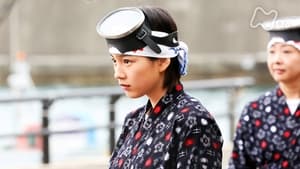
Episode 8: Episode 8
April 9, 2013

Episode 9: Episode 9
April 10, 2013

Episode 10: Episode 10
April 11, 2013

Episode 11: Episode 11
April 12, 2013

Episode 12: Episode 12
April 13, 2013

Episode 13: Episode 13
April 15, 2013
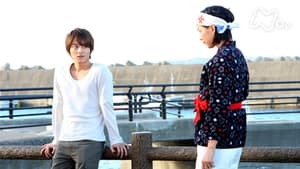
Episode 14: Episode 14
April 16, 2013

Episode 15: Episode 15
April 17, 2013

Episode 16: Episode 16
April 18, 2013

Episode 17: Episode 17
April 19, 2013

Episode 18: Episode 18
April 20, 2013

Episode 19: Episode 19
April 22, 2013

Episode 20: Episode 20
April 23, 2013

Episode 21: Episode 21
April 24, 2013

Episode 22: Episode 22
April 25, 2013

Episode 23: Episode 23
April 26, 2013

Episode 24: Episode 24
April 27, 2013

Episode 25: Episode 25
April 29, 2013

Episode 26: Episode 26
April 30, 2013

Episode 27: Episode 27
May 1, 2013

Episode 28: Episode 28
May 2, 2013
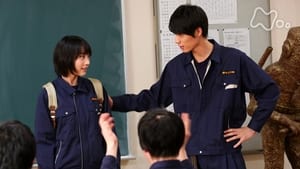
Episode 29: Episode 29
May 3, 2013

Episode 30: Episode 30
May 4, 2013

Episode 31: Episode 31
May 6, 2013
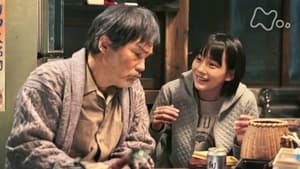
Episode 32: Episode 32
May 7, 2013

Episode 33: Episode 33
May 8, 2013
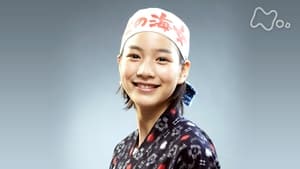
Episode 34: Episode 34
May 9, 2013

Episode 35: Episode 35
May 10, 2013

Episode 36: Episode 36
May 11, 2013

Episode 37: Episode 37
May 13, 2013

Episode 38: Episode 38
May 14, 2013

Episode 39: Episode 39
May 15, 2013

Episode 40: Episode 40
May 16, 2013

Episode 41: Episode 41
May 17, 2013
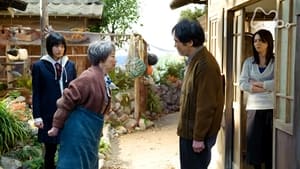
Episode 42: Episode 42
May 18, 2013
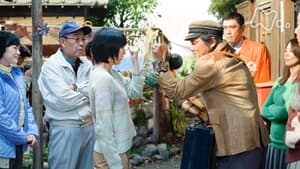
Episode 43: Episode 43
May 20, 2013

Episode 44: Episode 44
May 21, 2013
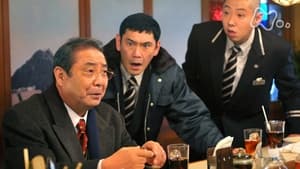
Episode 45: Episode 45
May 22, 2013
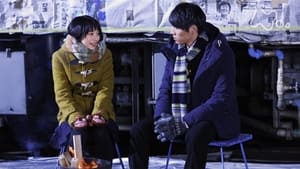
Episode 46: Episode 46
May 23, 2013

Episode 47: Episode 47
May 24, 2013

Episode 48: Episode 48
May 25, 2013

Episode 49: Episode 49
May 27, 2013

Episode 50: Episode 50
May 28, 2013

Episode 51: Episode 51
May 29, 2013

Episode 52: Episode 52
May 30, 2013

Episode 53: Episode 53
May 31, 2013

Episode 54: Episode 54
June 1, 2013
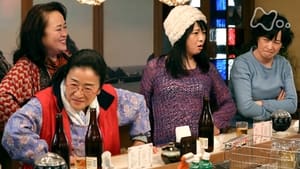
Episode 55: Episode 55
June 3, 2013
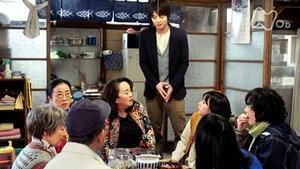
Episode 56: Episode 56
June 4, 2013

Episode 57: Episode 57
June 5, 2013

Episode 58: Episode 58
June 6, 2013

Episode 59: Episode 59
June 7, 2013

Episode 60: Episode 60
June 8, 2013

Episode 61: Episode 61
June 10, 2013

Episode 62: Episode 62
June 11, 2013

Episode 63: Episode 63
June 12, 2013

Episode 64: Episode 64
June 13, 2013

Episode 65: Episode 65
June 14, 2013

Episode 66: Episode 66
June 15, 2013

Episode 67: Episode 67
June 17, 2013

Episode 68: Episode 68
June 18, 2013

Episode 69: Episode 69
June 19, 2013

Episode 70: Episode 70
June 20, 2013

Episode 71: Episode 71
June 21, 2013

Episode 72: Episode 72
June 22, 2013

Episode 73: Episode 73
June 24, 2013

Episode 74: Episode 74
June 25, 2013

Episode 75: Episode 75
June 26, 2013

Episode 76: Episode 76
June 27, 2013

Episode 77: Episode 77
June 28, 2013
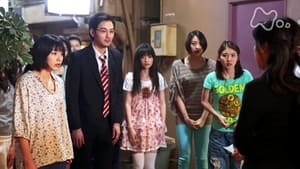
Episode 78: Episode 78
June 29, 2013

Episode 79: Episode 79
July 1, 2013
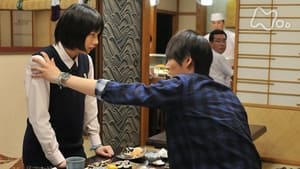
Episode 80: Episode 80
July 2, 2013

Episode 81: Episode 81
July 3, 2013

Episode 82: Episode 82
July 4, 2013

Episode 83: Episode 83
July 5, 2013

Episode 84: Episode 84
July 6, 2013
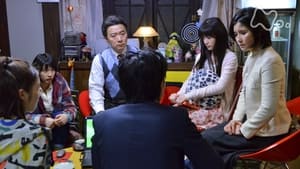
Episode 85: Episode 85
July 8, 2013

Episode 86: Episode 86
July 9, 2013

Episode 87: Episode 87
July 10, 2013
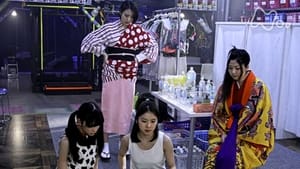
Episode 88: Episode 88
July 11, 2013

Episode 89: Episode 89
July 12, 2013
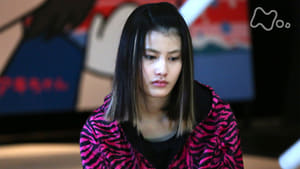
Episode 90: Episode 90
July 13, 2013

Episode 91: Episode 91
July 15, 2013
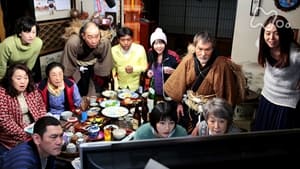
Episode 92: Episode 92
July 16, 2013

Episode 93: Episode 93
July 17, 2013

Episode 94: Episode 94
July 18, 2013

Episode 95: Episode 95
July 19, 2013

Episode 96: Episode 96
July 20, 2013

Episode 97: Episode 97
July 22, 2013

Episode 98: Episode 98
July 23, 2013

Episode 99: Episode 99
July 24, 2013

Episode 100: Episode 100
July 25, 2013

Episode 101: Episode 101
July 26, 2013
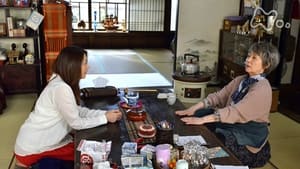
Episode 102: Episode 102
July 27, 2013

Episode 103: Episode 103
July 29, 2013

Episode 104: Episode 104
July 30, 2013
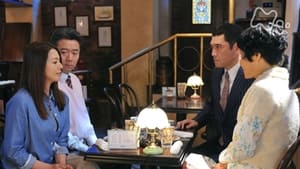
Episode 105: Episode 105
July 31, 2013

Episode 106: Episode 106
August 1, 2013

Episode 107: Episode 107
August 2, 2013

Episode 108: Episode 108
August 3, 2013
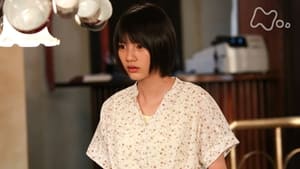
Episode 109: Episode 109
August 5, 2013

Episode 110: Episode 110
August 6, 2013

Episode 111: Episode 111
August 7, 2013

Episode 112: Episode 112
August 8, 2013

Episode 113: Episode 113
August 9, 2013

Episode 114: Episode 114
August 10, 2013

Episode 115: Episode 115
August 12, 2013
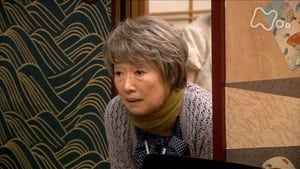
Episode 116: Episode 116
August 13, 2013

Episode 117: Episode 117
August 14, 2013

Episode 118: Episode 118
August 15, 2013

Episode 119: Episode 119
August 16, 2013

Episode 120: Episode 120
August 17, 2013

Episode 121: Episode 121
August 19, 2013

Episode 122: Episode 122
August 20, 2013

Episode 123: Episode 123
August 21, 2013

Episode 124: Episode 124
August 22, 2013

Episode 125: Episode 125
August 23, 2013

Episode 126: Episode 126
August 24, 2013

Episode 127: Episode 127
August 26, 2013

Episode 128: Episode 128
August 27, 2013

Episode 129: Episode 129
August 28, 2013

Episode 130: Episode 130
August 29, 2013

Episode 131: Episode 131
August 30, 2013

Episode 132: Episode 132
August 31, 2013
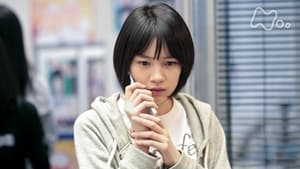
Episode 133: Episode 133
September 2, 2013

Episode 134: Episode 134
September 3, 2013

Episode 135: Episode 135
September 4, 2013

Episode 136: Episode 136
September 5, 2013

Episode 137: Episode 137
September 6, 2013
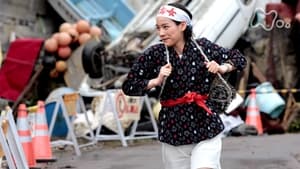
Episode 138: Episode 138
September 7, 2013

Episode 139: Episode 139
September 9, 2013
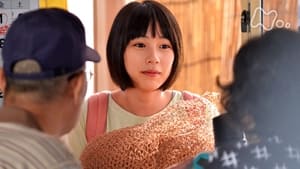
Episode 140: Episode 140
September 10, 2013

Episode 141: Episode 141
September 11, 2013

Episode 142: Episode 142
September 12, 2013
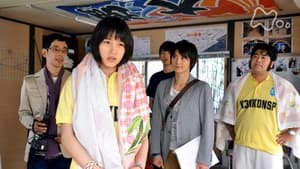
Episode 143: Episode 143
September 13, 2013

Episode 144: Episode 144
September 14, 2013

Episode 145: Episode 145
September 16, 2013

Episode 146: Episode 146
September 17, 2013

Episode 147: Episode 147
September 18, 2013

Episode 148: Episode 148
September 19, 2013
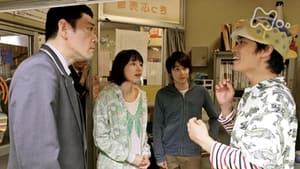
Episode 149: Episode 149
September 20, 2013

Episode 150: Episode 150
September 21, 2013

Episode 151: Episode 151
September 23, 2013
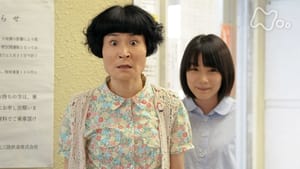
Episode 152: Episode 152
September 24, 2013

Episode 153: Episode 153
September 25, 2013

Episode 154: Episode 154
September 26, 2013
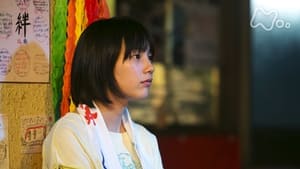
Episode 155: Episode 155
September 27, 2013

Episode 156: Episode 156
September 28, 2013

Episode 157: Episode 157
December 31, 2013








